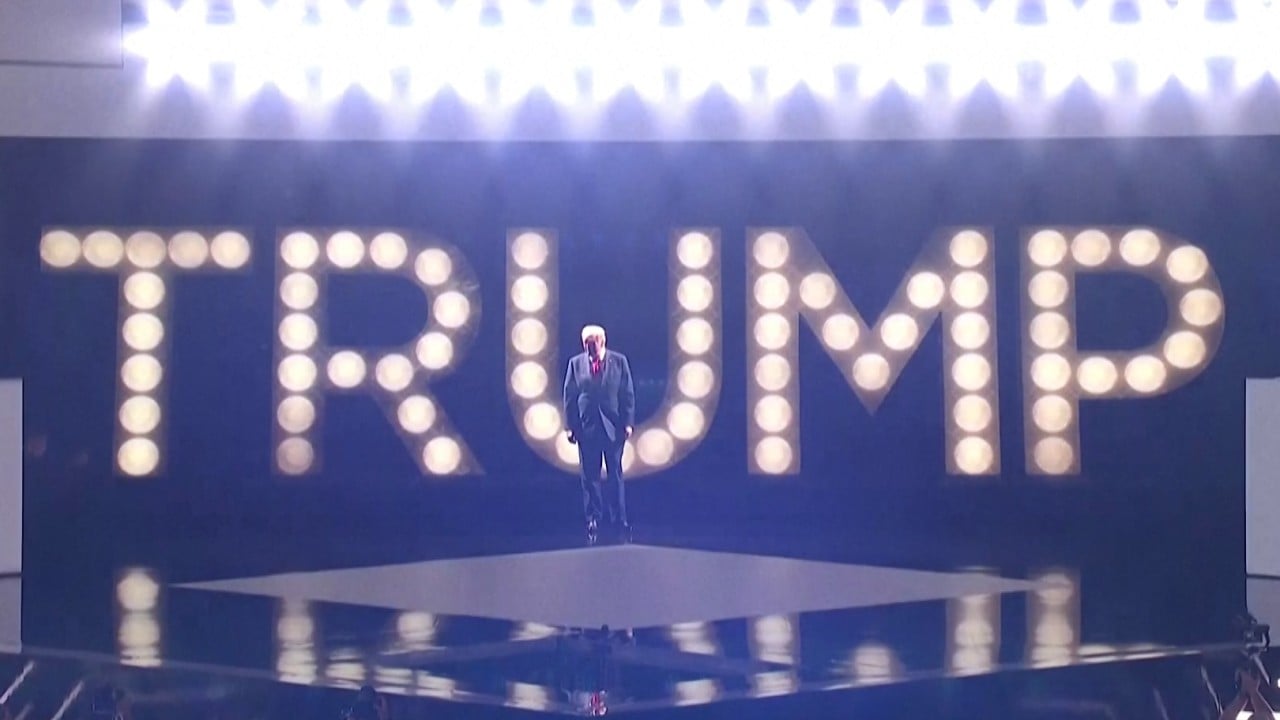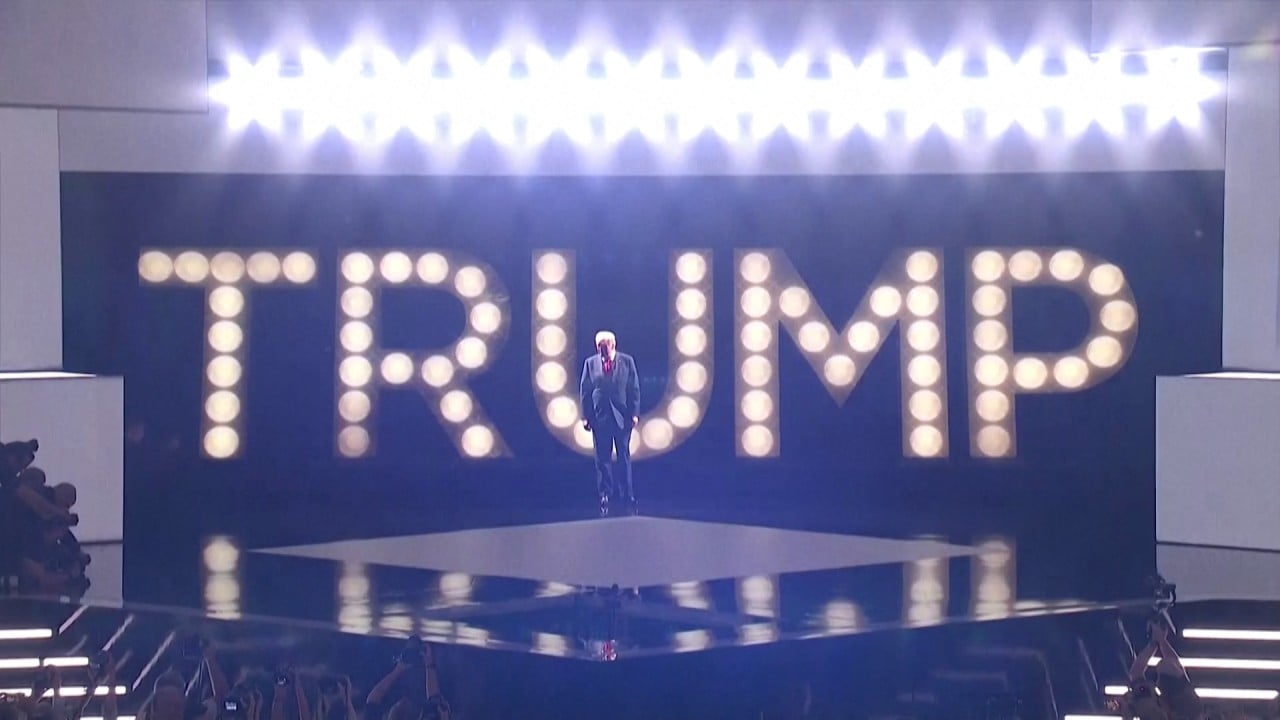A proposed bill to prevent Chinese solar panel makers from receiving tax credits for their US factories could end up hurting the American photovoltaic sector, analysts said, and could be viewed as “discriminatory”.
A bipartisan group of four US senators announced the American Tax Dollars for American Solar Manufacturing Act on Wednesday, with the aim of “further strengthening American energy independence and solar manufacturing”.
“We cannot allow American tax dollars to go to Chinese companies that cheat and undermine American solar manufacturing,” Sherrod Brown, a Democratic Party senator from the US state of Ohio, said in a statement by the four lawmakers.
“Our bipartisan bill will make sure that only American companies are supported by taxpayer dollars, and support the creation of manufacturing jobs throughout the solar supply chain across Ohio.
“We will not allow the Chinese government to take down the American solar manufacturing industry.”
The proposed bill follows the Biden administration’s Inflation Reduction Act, which was introduced in August 2022 to provide direct subsidies for US-based photovoltaic products, including silicon, wafers, cells and tubes.
The tax credits also took effect in 2022, but will be phased out by 25 per cent per year for components sold after December 2029.
Jon Ossoff, a Democratic senator from the state of Georgia, added that the tax credits should skip Chinese solar companies that “threaten” American energy security.
“At the end of the day, it’s a credit offered by the US government, so if [the senators] felt because a particular country was engaging in an unfair competition supported by subsidies from its own government, there’s no reason [the senators] can’t say that,” said Mark Natkin, a California-based managing director with market research firm Marbridge Consulting.
The bill must be negotiated and voted on by the US Senate, as well as the US House of Representatives, and finally signed by the president, before it becomes law.
China has become a very hot potato for both the Republicans and Democrats and there’s a pressure from everybody to show that they are strong against China
Congressional bills have high odds of passing if they target China, said Ker Gibbs, executive-in-residence at the University of San Francisco’s Centre for Business Studies and Innovation in Asia-Pacific.
“China has become a very hot potato for both the Republicans and Democrats and there’s a pressure from everybody to show that they are strong against China,” said Alexander Vuving, professor at the Daniel K. Inouye Asia-Pacific Centre for Security Studies in Hawaii.
“Based on that pressure, you can say [the bill is likely to pass].”
And with solar energy’s status as a Democratic Party initiative opposed by Republican presidential candidate Donald Trump, it may add pressure to pass the bill relatively quickly ahead of November’s election, said Chong Jia Ian, an associate professor of political science at the National University of Singapore.
“That said, both the Democrats and [Republicans] are eager to protect US industry and technology, especially in relation to [China], so the bill may still pass even if there is a Republican in the White House,” he said.
“A lot may come down to lobbying by the industry in both Congress and the executive branch.”
Mike Carr, executive director of the Solar Energy Manufacturers for America Coalition, said that his trade advocacy group supported the bill.
Washington had already announced in May a 50 per cent tariff on Chinese photovoltaics, up from 25 per cent.
But the act, which was supposed to take effect on Thursday, has been delayed by at least two weeks.
Chinese companies are “rapidly” building solar plants in the US with a projected capacity to fulfil half the country’s solar panel demand, British financial news website Value the Markets said in July.
China’s leading solar panel companies, including Xi’an LONGI Silicon Materials and Trina Solar, have already invested in module manufacturing plants in the US to avoid extra tariffs.
These [Chinese-owned] factories hire American workers to produce these panels, follow US labour laws, and pay taxes, as such, this new act is discriminatory
But Christopher Tang, a professor at the University of California, Los Angeles, Anderson School of Management, said the proposed bill goes against the spirit of a free market and is politically driven.
It focuses on protectionism to the extreme as it only targets Chinese-owned factories, he said.
“These [Chinese-owned] factories hire American workers to produce these panels, follow US labour laws, and pay taxes, as such, this new act is discriminatory,” Tang said.
“This new act will impede the green economy transition in the US because many solar panel factories in the US are Chinese-owned.
“By singling them out, it would make solar panels more expensive, which would reduce the demand for solar panels.”



